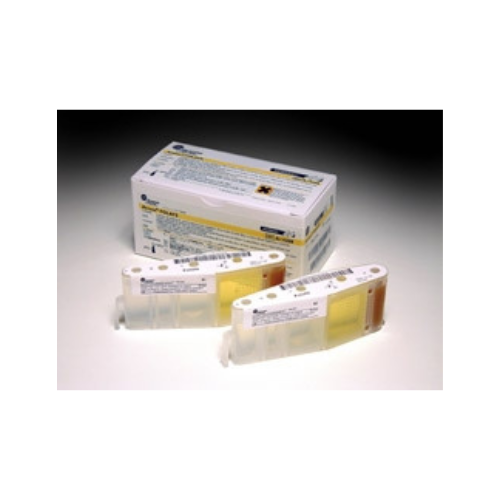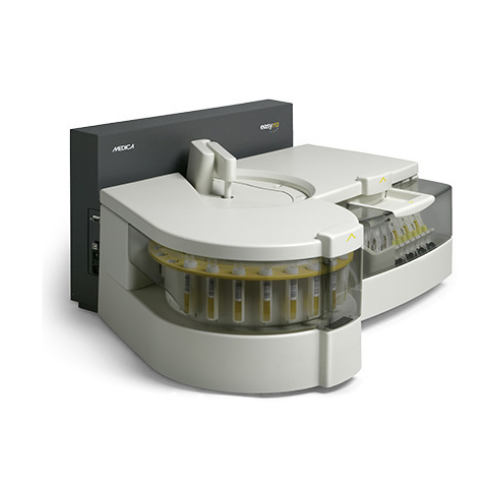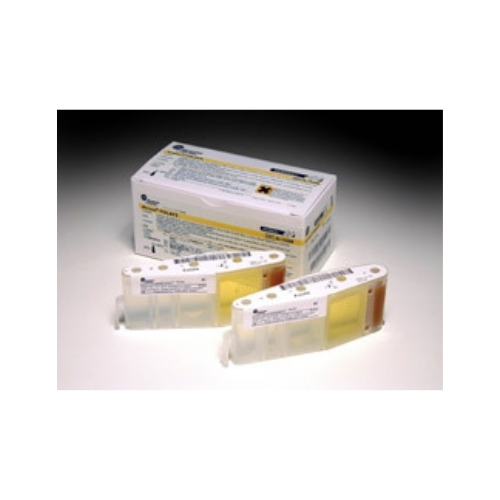For Business Use Only. Does Not Ship to Residential Addresses. For use inside an Analyzer, Sold Separately.
Beckman Coulter Access hLH Reagent, 100 Determinations, 2 x 50 tests
Product Code: 33510
Manufacturer: Beckman Coulter
Shipping Weight: 10.00lbs (4.54kg)
Specifications
Brand: Access®
Manufacturer: Beckman Coulter
Country of Origin: United States
Application: Reagent, Rental
Number of Tests: 100 Tests
Storage Requirements: Requires Refrigeration
Test Name: Luteinizing Hormone (LH)
Test Type: Reproductive Endocrinology Assay
Intended Use
The Access hLH assay is a paramagnetic particle, chemiluminescent immunoassay for the quantitative determination of luteinizing hormone (LH) levels in human serum and plasma using the Access Immunoassay Systems.
Summary and Explanation
Human Luteinizing Hormone (hLH, Lutropin) is made up of two non-identical, non-covalently associated glycoprotein subunits, denoted alpha and beta. It has been reported that the 28,500 dalton molecular weight hLH contains two N-linked carbohydrate chains on the alpha subunit and one asparagine-linked oligosaccharide on the beta subunit. The alpha subunit is similar in structure for the glycoproteins hLH, hCG, hFSH, and hTSH. It is the differences in the beta subunit of these glycoproteins which contributes to immunological and physiological specificity.
Concentrations of hLH and hFSH are commonly determined in investigations of menstrual cycle, fertility, and pubertal developmental abnormalities, such as premature ovarian failure, menopause, ovulatory disorders and pituitary failure. The ratio of hLH/hFSH has been used to assist in the diagnosis of polycystic ovary disease. Low concentrations of hLH and hFSH may indicate pituitary failure while elevated concentrations of hLH and hFSH along with decreased concentrations of gonadal steroids may indicate gonadal failure (menopause, ovariectomy, premature ovarian syndrome, Turners Syndrome). Low concentrations of gonadotropin are usually observed in females taking oral steroid based contraceptives. In the male, elevated hLH and hFSH with low concentrations of gonadal steroids may indicate testicular failure or anorchia. In Klinefelter's syndrome hLH may be elevated due to Sertoli cell failure.











